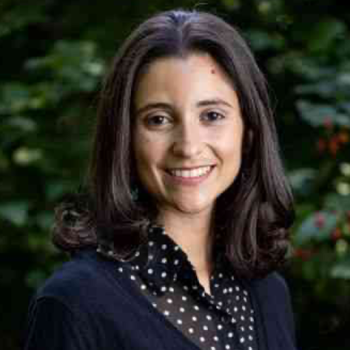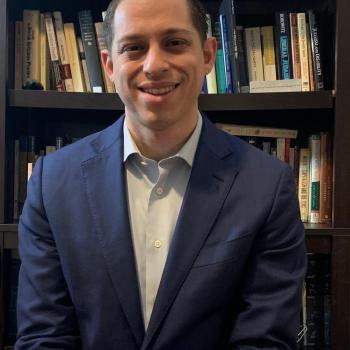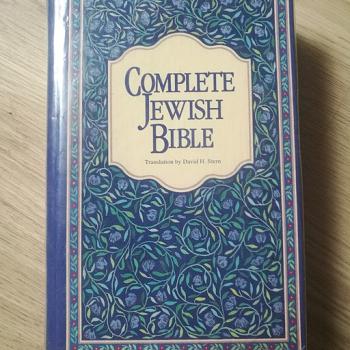By Rav Rachel Adelman, Hebrew College Faculty Haftarat Ki Tetzei Isaiah 54:1-10 The recent events in Israel-Palestine have thrust me back to the day after October 7th—and liturgically back to Tisha be-‘Av, the most mournful day of the Jewish year. I dedicate this teaching to the memory of the six hostages killed in Gaza last week: Ori Danino z”l (age 25) Carmel Gat z”l (age 40) Hersh Goldberg-Polin z”l (age 23) Alex Lobanov z”l (age 32) Almog Sarusi z”l (age... Read more





















Harvesting Simcha
Parashat Ki Tavo Deuteronomy 26:1-29:8 Parashat Ki Tavo outlines more of Moses’ instructions to the people on how to build a just and lasting society in the Promised Land. It begins with a commandment to take all the first fruits the people will harvest in The Land, put them in a basket, and take them to the priests as offerings. When they make the offering, they are directed to recite a passage (which we still recite thousands of years later... Read more